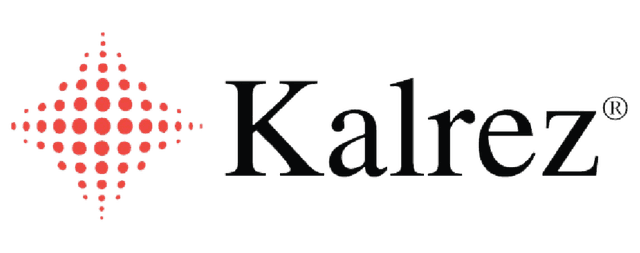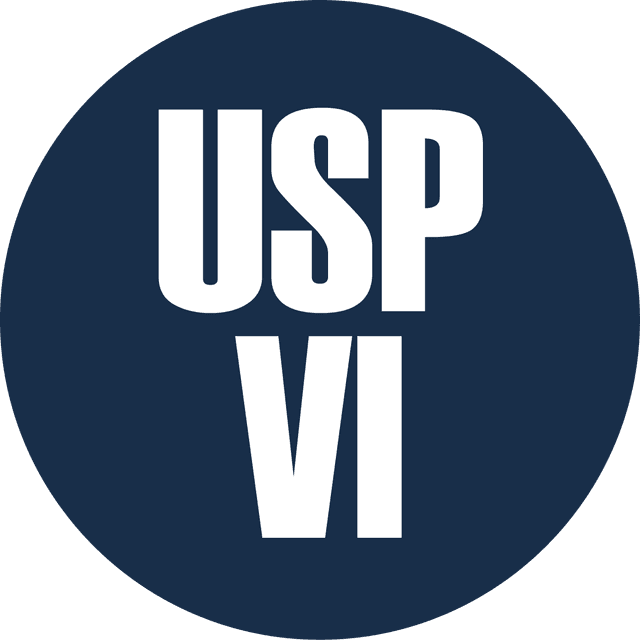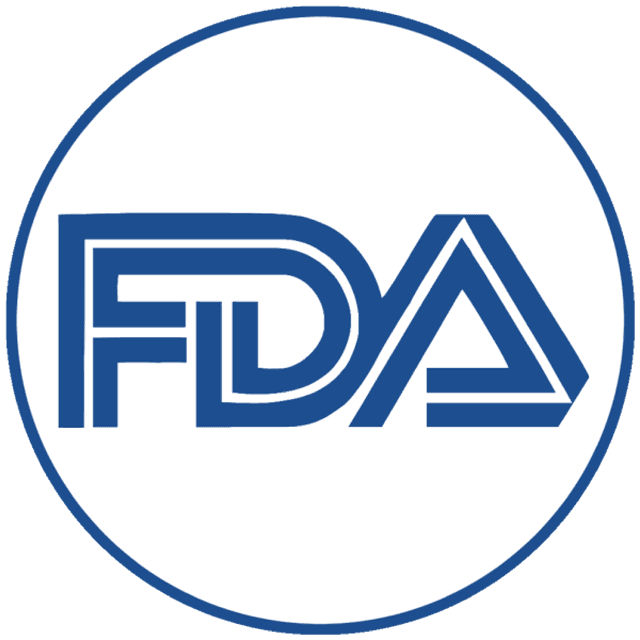
EU 1935/2004 Materials
EU 1935/2004 materials are certified for use in applications where they come into contact with food. These materials comply with the European Union’s Regulation EC 1935/2004, ensuring they are safe for food contact and do not transfer harmful substances to food or beverages. This guide covers the features, common applications, and the pros and cons of EU 1935/2004 compliant materials.
EU 1935/2004 silicone, CanRez® FFKM and Kalrez® O-rings, gasket rapid manufacturing, & custom molded parts are available now!
Check with one of Canyon’s helpful product engineers for an expert material and manufacturing recommendation.

Features of EU 1935/2004 Materials
EU 1935/2004 materials are designed to meet strict safety and performance standards for food contact, offering several key features:
- Food-Safe and Non-Toxic: These materials undergo rigorous testing to ensure they do not release harmful substances, chemicals, or contaminants into food or beverages, maintaining safety for consumers.
- Traceability: The regulation mandates traceability of materials throughout the entire supply chain, ensuring that products can be tracked back to their origin for safety and compliance purposes.
- Chemical and Temperature Resistance: EU 1935/2004 materials offer strong resistance to chemicals, oils, and fats, and are often designed to withstand the temperature variations encountered in food processing, storage, and packaging.
- Durability: These materials are built to endure the mechanical stresses and frequent cleaning processes required in food-related industries, ensuring long-lasting performance.
- Versatile Material Options: EU 1935/2004 materials include a variety of polymers, elastomers, rubbers, and plastics, allowing for broad use in diverse food-related applications.
Common Applications of EU 1935/2004 Materials
EU 1935/2004 compliant materials are used across a variety of industries where food safety and hygiene are critical:
- Food Packaging: EU 1935/2004 materials are widely used in the production of food packaging, including films, containers, and wrappings, to ensure that no harmful substances leach into the food during storage or transport.
- Food Processing Equipment: These materials are essential for seals, gaskets, and tubing in food processing machines such as mixers, grinders, and filling equipment, where direct contact with food is common.
- Kitchenware and Utensils: Many kitchen tools, including cutting boards, utensils, and food storage containers, are made from EU 1935/2004 compliant materials to ensure they are safe for use with food.
- Conveyor Belts: In food production lines, conveyor belts made from EU 1935/2004 materials prevent contamination and ensure that food safety is maintained throughout the process.
- Dairy and Beverage Industry: These materials are used in dairy processing and beverage filling systems, ensuring compliance with food safety regulations while maintaining the integrity of the products.
Please consult a Canyon Components Engineer about your specific application and we will use our decades of experience to formulate a solution that fits your need.
Get a Quote Now!
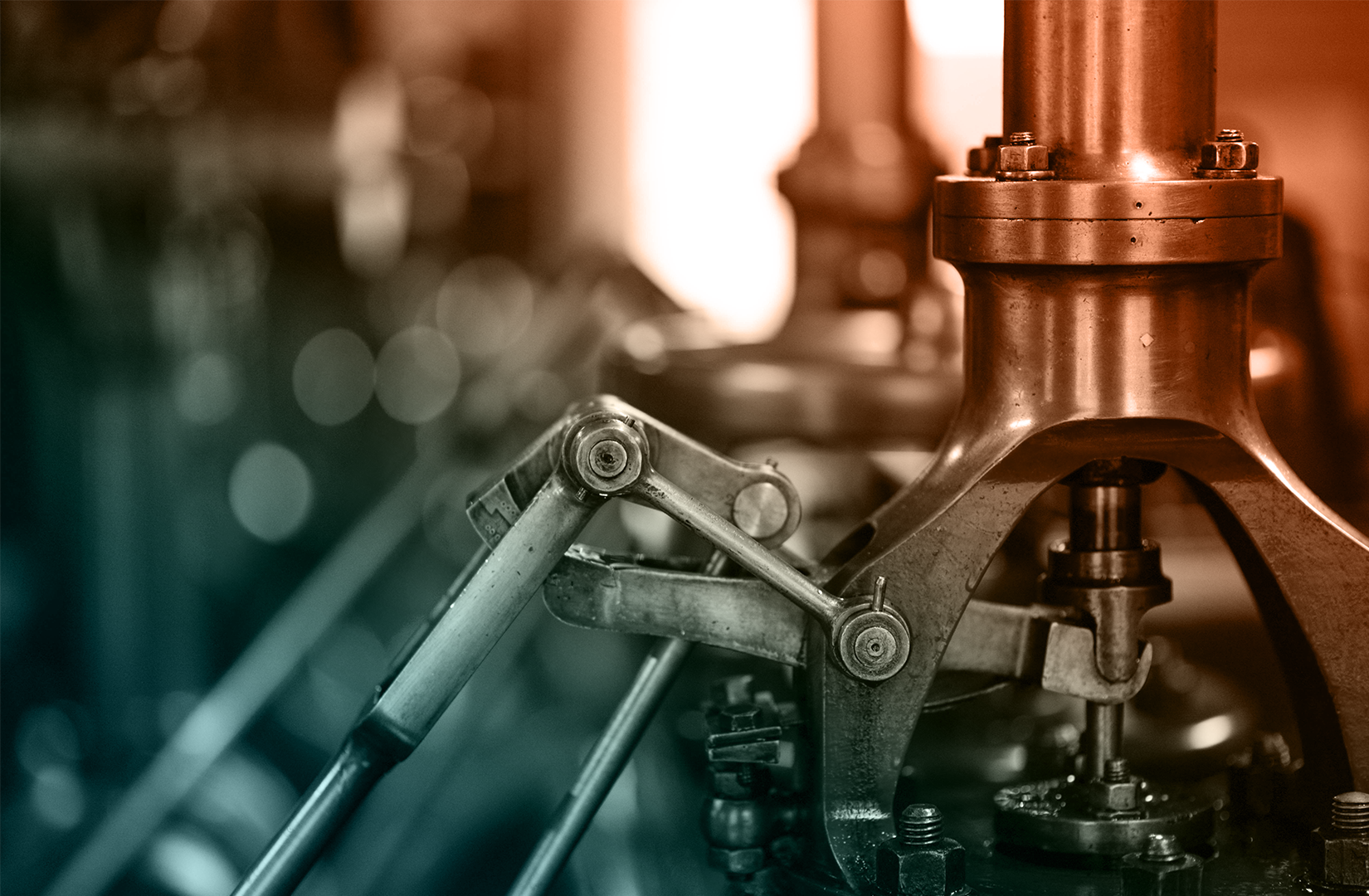
EU 1935/2004 Elastomers
Food and Dairy
Explore EU 1935/2004, FDA Compliant, and 3A Materials: specially designed for food and dairy industry, ensuring hygiene, safety, and compliance with strict standards.
Specialty Compliances
Canyon have materials available for O-rings, gaskets, & custom parts with compliances ranging from USP Class VI <87> & <88> for medical applications, to EU 1935/2004 and FDA CFR 21.177.2600 grades A through F for different food types, to the various drinking water specifications like KTW and NSF. Whether it's metal, rubber, or plastic, Canyon can meet your needs!
Custom Parts
Here at Canyon Components, we make sure to offer our customers any manufacturing technique they desire. Whether your EU 1935/2004 O-rings, gaskets, & custom molded parts be rubber, plastic, or metal, rest assured that Canyon Components can make it!
CanRez™ FFKM Perfluoroelastomer
Extreme temperatures & chemicals require extreme solutions! EU 1935/2004 CanRez™ FFKM materials offer extreme reliability where you need it most! Thousands of sizes in stock now!
Kalrez® FFKM Perfluoroelastomer
Canyon Components offers EU 1935/2004 Kalrez® Perfluoroelastomer (FFKM) O-rings, gaskets, & custom molded parts at competitive prices and with great lead-times.
EU 1935/2004 Parker® O-rings, Parofluor parts, parker FKM Viton
Canyon Components offers EU 1935/2004 Parker Hannifin® O-rings, Gaskets, EU 1935/2004 Perfluoroelastomer (FFKM) parts, & custom molded parts at competitive prices and with great lead-times.
FKM (Viton®, Fluorocarbon)
EU 1935/2004 FKM compounds, O-rings, gaskets, & custom molded parts exhibit excellent mechanical attributes as well as excellent resistance to high temperatures, mineral oil, ozone, fuels, hydraulic fluids, and many other solvents and chemicals.
Aflas® (TFE/P)
EU 1935/2004 TFE/P (Aflas) compounds, O-rings, gaskets, & custom molded parts gives high resistance to steam, hot water, atmospheric wear, and many chemicals. TFE/P compounds provide superior performance in water, steam and virtually all caustic chemicals.
Fluorosilicone (FVMQ)
The mechanical and physical properties of EU 1935/2004 Fluorosilicone O-rings, gaskets, & custom molded parts are very similar to silicone. Fluorosilicone O-rings, gaskets, & custom molded parts offer improved flexibility and strength, better resistance to fuels and mineral oil, but reduced hot air resistance.
Silicone (VMQ, PVMQ)
EU 1935/2004 Silicone seals, O-rings, gaskets, & custom molded parts are excellent for extreme temperatures in static applications. Canyon Components carries a range of silicone materials, and we are happy to custom tailor a seal to meet your application requirements!
EPDM (Ethylene Propylene)
EU 1935/2004 EPDM materials, O-rings, gaskets, & custom molded parts can operate over a wide temperature range, and are compatible with glycol fluids that cause problems for most typical elastomeric seals.
NBR (Nitrile, Buna-N)
EU 1935/2004 Nitrile O-rings, gaskets, & custom molded parts are very oil-resistant, have strong mechanical properties, are resistant to wear, and are relatively inexpensive. These properties make Nitrile the most commonly used general purpose O-ring, gasket, & custom molded part material.
HNBR (Hydrogenated Nitrile)
EU 1935/2004 Hydrogenated Nitrile O-rings, gaskets, & custom molded parts offer higher strength and reduced degradation at high temperatures compared to conventional Nitrile materials. These properties make HNBR materials popular in the oil and gas industry, as well as many applications in the chemical industry.
XNBR (Carboxylated Nitrile)
EU 1935/2004 XNBR O-rings, gaskets, & custom molded parts are similar to Nitrile, but the backbone has been chemically modified with a Carboxylic Acid group. The resulting elastomer is a Nitrile rubber with outstanding abrasion and chemical resistance, superior to that of traditional Nitrile.
Neoprene (CR)
Chloroprene was the first synthetic rubber, and was developed commercially under the name Neoprene®. EU 1935/2004 Chloroprene rubbers, O-rings, gaskets, & custom molded parts contain Chlorine in the polymer to reduce the reactivity to many oxidizing agents, as well as to oil and flame.
Polyurethane (PU, AU)
EU 1935/2004 Polyurethane O-rings, gaskets, & custom molded parts generally have two or three times greater tensile strength and wear resistance than Nitrile and comparable polymers. Polyurethane also provides excellent permeation resistance when compared to most rubbers.
PTFE Encapsulated
EU 1935/2004 FEP and PFA encapsulated O-rings consist of an elastomeric core and a seamlessly closed casing of modified PTFE. The elastomer core of encapsulated O-rings is typically made of FKM (Viton) or VMQ (silicone) and guarantees a uniform pre-tensioning at the sealing point.
Spring Energized Seal (SES)
The harshest environments require specialized solutions. Often times, a Canyon Components EU 1935/2004 Spring Energized Seal (SES) will be needed. SES are typically formatted in a multi-piece assembly consisting of a polymeric sealing component that is wrapped around a spring energizer.
EU 1935/2004 Plastics
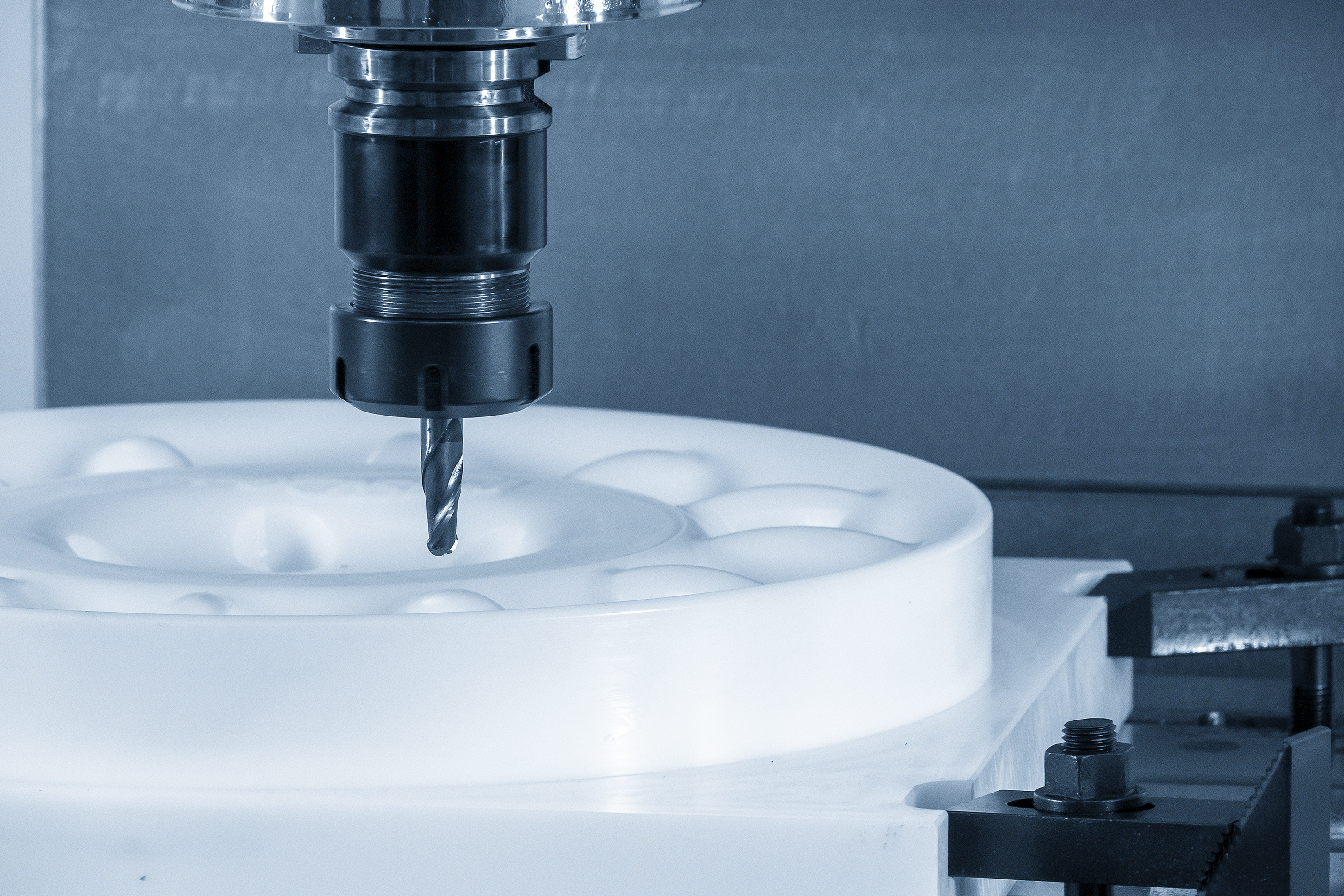
EU 1935/2004 Materials Pros & Cons
EU 1935/2004 materials play a crucial role in ensuring the safety and quality of products that come into contact with food. With features such as chemical resistance, durability, and traceability, these materials are essential for applications ranging from food packaging to processing equipment and kitchenware. While they may involve higher costs and stricter documentation requirements, the benefits of compliance with food safety regulations, particularly in the European market, make EU 1935/2004 materials a valuable choice for manufacturers in the food, beverage, and packaging industries. Understanding the features, applications, and potential drawbacks of EU 1935/2004 materials will help you make informed decisions to ensure safety and regulatory compliance in your production processes.
Canyon Components strives to meet all customer service requests. Feel free to contact Canyon Components engineering and let our knowledgeable staff help you design the perfect part for your needs.
Pros of EU 1935/2004 Materials
EU 1935/2004 compliant materials offer several advantages that make them ideal for food-related applications:
- Compliance with European Regulations: These materials meet the requirements of the European Union’s Regulation EC 1935/2004, ensuring safety and compliance in food contact applications and protecting manufacturers from regulatory issues.
- Safety for Food Contact: EU 1935/2004 materials are specifically designed to prevent the transfer of harmful chemicals or substances into food, maintaining the safety and quality of food products.
- Durability and Resistance: These materials are built to withstand the stresses of food processing, including exposure to cleaning agents, temperature fluctuations, and physical wear, ensuring long-lasting performance.
- Traceability and Accountability: The traceability requirement ensures that materials can be tracked throughout the supply chain, providing manufacturers and regulators with greater control over food safety.
- Wide Range of Applications: EU 1935/2004 compliant materials can be used in a broad spectrum of food-related products and processes, from packaging and processing to kitchenware and equipment.
Cons of EU 1935/2004 Materials
While EU 1935/2004 materials offer many benefits, there are also some potential drawbacks to consider:
- Higher Cost: The testing and certification required to meet EU 1935/2004 compliance standards can increase the cost of materials compared to non-compliant alternatives.
- Material Limitations: Not all materials can meet the stringent requirements of EU 1935/2004, which may limit the selection of materials available for certain food-related applications.
- Regional Compliance: EU 1935/2004 is a European regulation, meaning that compliance may not be required or recognized outside of the EU, potentially limiting the global applicability of these materials.
- Strict Documentation Requirements: The traceability and documentation required for compliance can increase administrative workloads and add complexity to supply chain management.
Relevant Compliances
USP Class VI Materials: Certified for Medical and Pharmaceutical Applications
Explore USP Class VI materials, certified for use in medical devices, pharmaceuticals, and food processing. Learn about their features, compliance standards, and how they ensure safety and purity in critical environments.
FDA Compliant Materials: Safe and Reliable Solutions for Food and Medical Applications
Discover FDA compliant materials, designed for use in food processing, medical devices, and pharmaceutical applications. Learn about their safety features, regulatory compliance, and how they meet stringent industry standards.
Materials for Food and Dairy
Explore FDA Compliant and 3A Materials: specially designed for food and dairy industry, ensuring hygiene, safety, and compliance with strict standards.
Back to Compliance Hub
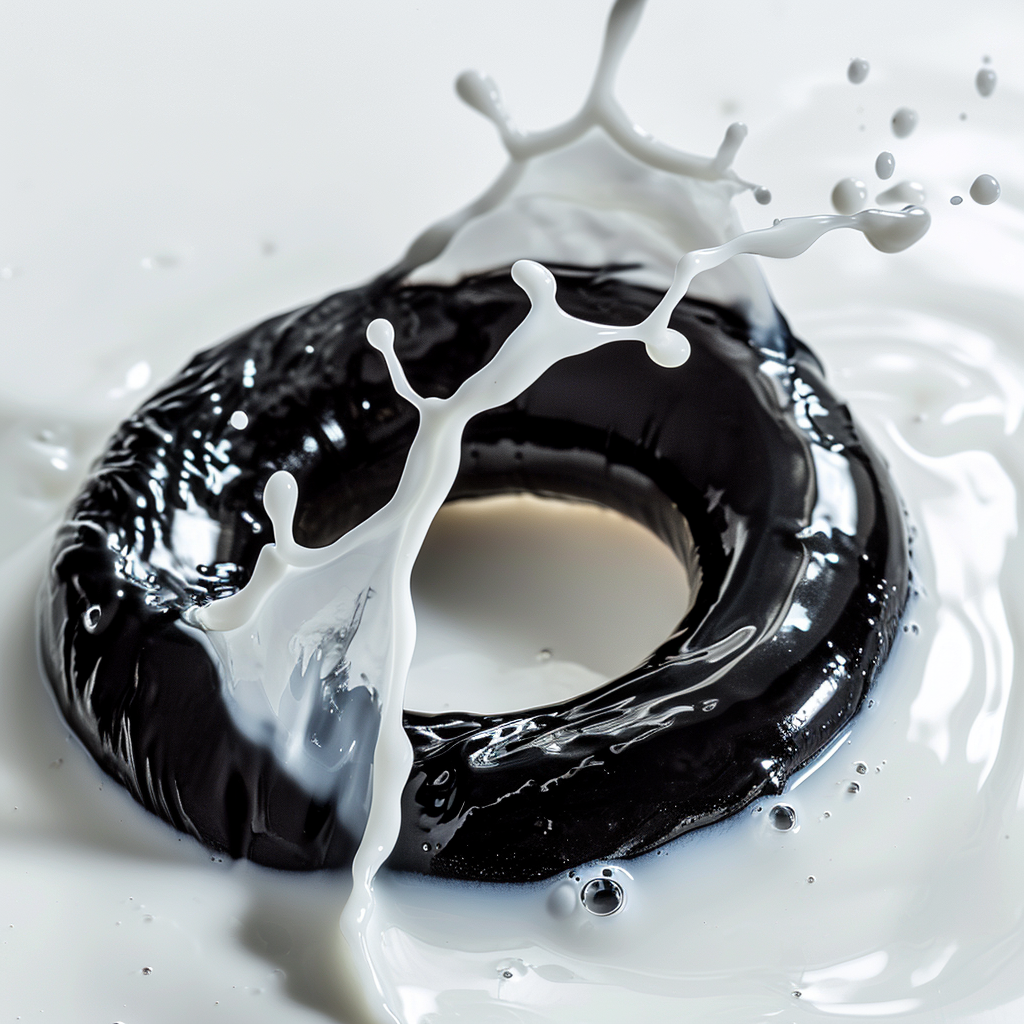
Get A Quote Now!






